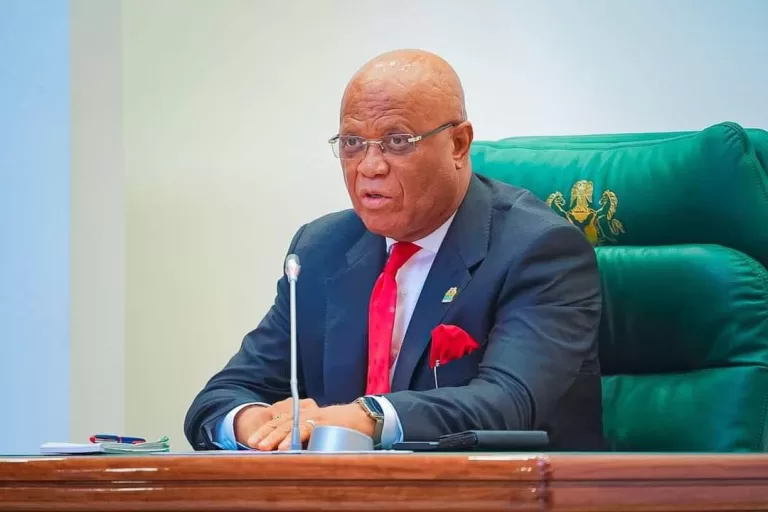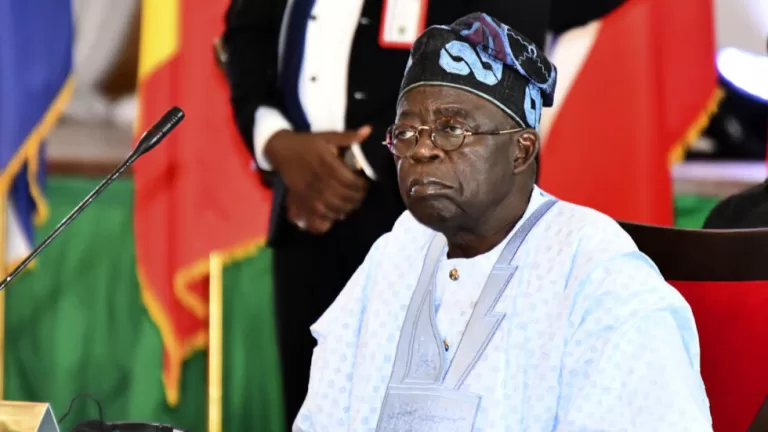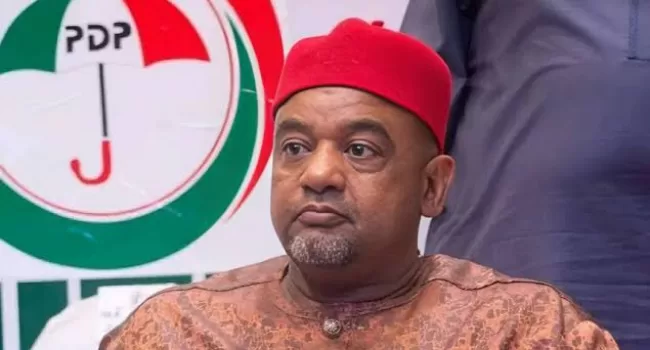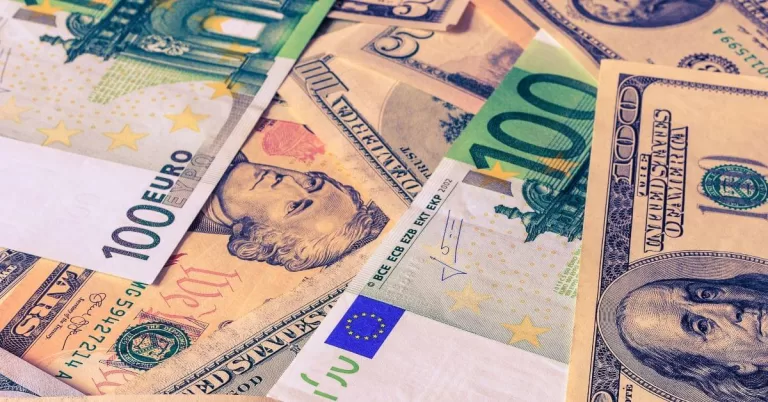
In a sharp response to Peter Obi’s recent comments about Nigeria’s economic decline, Lagos State Governor, Babajide Sanwo-Olu, has challenged the Labour Party’s 2023 presidential candidate, accusing him of lacking the moral authority to critique the country’s poverty levels.
Obi’s comments were made during a lecture at Johns Hopkins University, where he painted a grim picture of Nigeria’s economic trajectory. He highlighted the country’s rising poverty rate by comparing it with the poverty levels in China, Indonesia, and Vietnam, countries that were similarly classified under the “medium” category in the Human Development Index (HDI) in 1990. At that time, Nigeria had fewer people living in poverty than the other three nations. Fast forward 35 years, however, and Nigeria now has more impoverished citizens than China, Indonesia, and Vietnam combined.
Obi’s stark comparison placed Nigeria’s poverty rate at around 50 million people, noting the country’s dramatic shift from a more favorable position to a deepening crisis. He argued that despite economic growth in other parts of the world, Nigeria’s poverty rate had continued to climb, making it the worst performer among these nations.
Sanwo-Olu’s Counterattack
Governor Sanwo-Olu’s rebuttal came swiftly through a statement titled, “Factually Addressing Mr. Peter Obi’s Criticism of Nigeria at Johns Hopkins University.” He took issue with Obi’s remarks, accusing him of disparaging the country on the global stage. Sanwo-Olu stated that public figures, particularly those with political ambitions, should strive to present Nigeria positively when speaking abroad, noting that patriotism involves showcasing the nation’s strengths rather than its weaknesses.
While Obi’s analysis focused on the poverty rate, Sanwo-Olu questioned his credibility in discussing such issues, citing Obi’s tenure as Governor of Anambra State from 2007 to 2014. According to Sanwo-Olu, Obi’s administration failed to tackle key developmental areas such as education, healthcare, and credit facilities, areas that are essential for tackling poverty in the long term.
Sanwo-Olu’s Critique of Obi’s Record
Sanwo-Olu argued that Obi’s tenure in Anambra witnessed an increase in poverty, from 41.4% to 53.7% in just two years, a stark contrast to the post-Obi administration led by Willie Obiano, which succeeded in reducing poverty from nearly 60% to 14.8%. The Lagos governor said this record undermines Obi’s moral standing when critiquing Nigeria’s broader economic challenges. He pointed out that Obi had failed to build schools or hospitals during his eight years as governor of Anambra, which he argued contributed to the worsening of poverty in the state.
In contrast, Sanwo-Olu highlighted President Bola Ahmed Tinubu’s initiatives in Lagos, citing his record of building over 200 schools and providing financial support for small businesses through credit facilities. The Lagos State governor argued that Tinubu’s leadership was making strides toward addressing poverty, claiming over $500 million had been directed to small and medium-scale enterprises (SMEs) in less than two years.
What to Take Away from This Story
- Debate Over Poverty: The heated exchange between Governor Sanwo-Olu and Peter Obi underscores the ongoing debate over the root causes of poverty in Nigeria. While Obi’s lecture highlighted the country’s dire economic condition, Sanwo-Olu’s response challenged his critique based on the former governor’s own record.
- The Importance of Leadership Accountability: Sanwo-Olu’s argument suggests that leadership accountability is key in addressing systemic poverty. He emphasizes that leaders must not only critique but also deliver tangible solutions.
- The Role of Global Platforms: The controversy also draws attention to the responsibility of Nigerian leaders when speaking on international platforms. Critics like Sanwo-Olu argue that global comments should contribute to nation-building rather than tarnishing the country’s image abroad.
- Political and Economic Narratives: This confrontation also highlights the complex intersection of politics and economics, with figures like Obi and Sanwo-Olu using their respective platforms to project differing narratives about the state of the nation.
This ongoing exchange raises vital questions about the leadership, governance, and the role of political discourse in shaping Nigeria’s future.





